Apple supplier TSMC will begin trial production of 2nm chips next week for next year’s debut on iPhone 17 lineup.
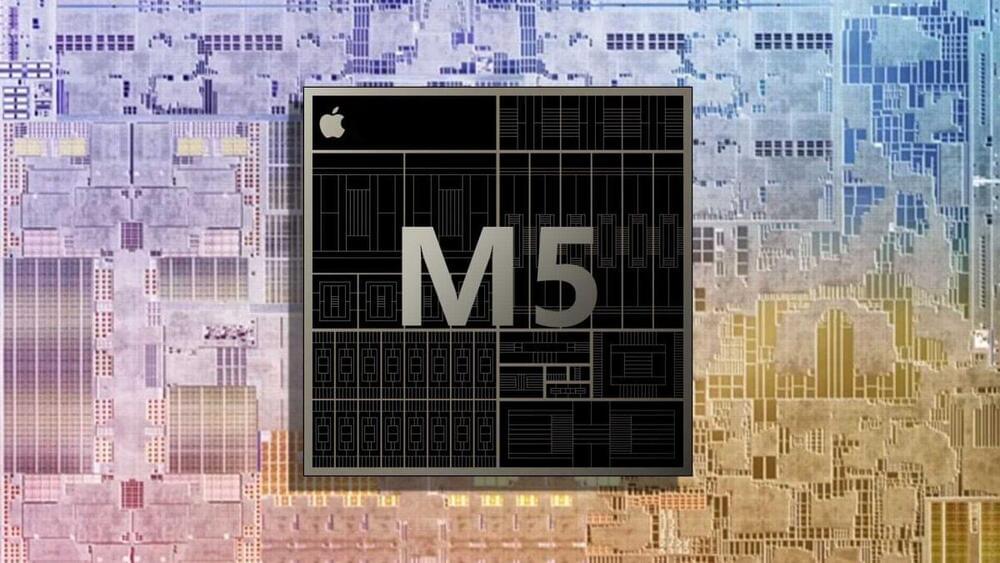

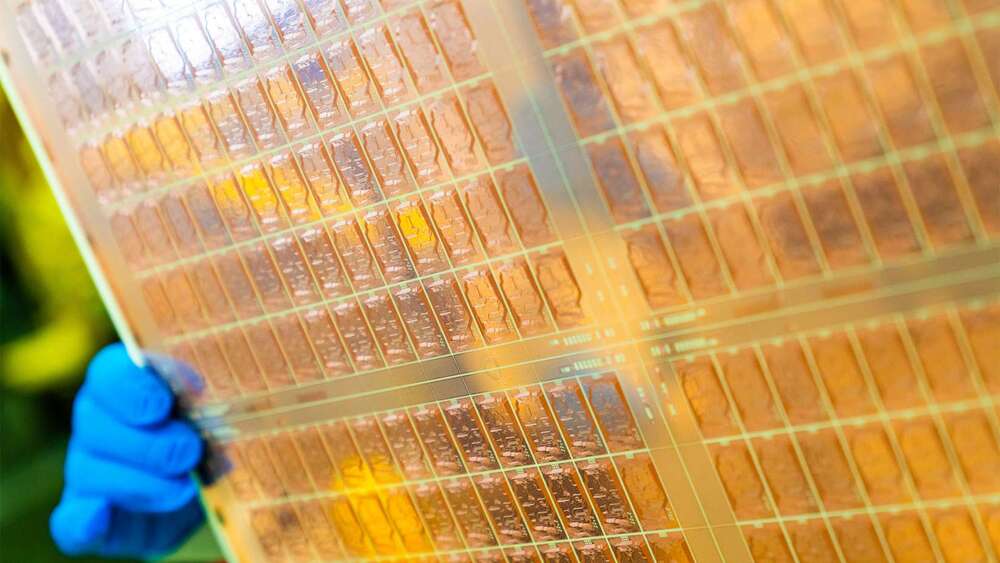
AMD is reportedly planning to develop Glass Substrate chips as early as 2025 as Intel & Samsung eye mass production for post-2025.
Glass Substrates Are Expected To Be The Next Big Thing For The Tech Industry, Intel & Samsung Eye Towards Establishing Their Production While AMD Aims Chip Development As Early As 2025
Glass substrates are used in packaging solutions to replace organic materials. They have numerous benefits, such as higher packaging strength, which ensures more extended durability & reliability, and a higher interconnected density since glass is usually much thinner than organic material. This allows the integration of multiple transistors into a single pack. It is said to overcome flaws associated with traditional methods and open a new wave of innovation for computing chips employing glass substrates.
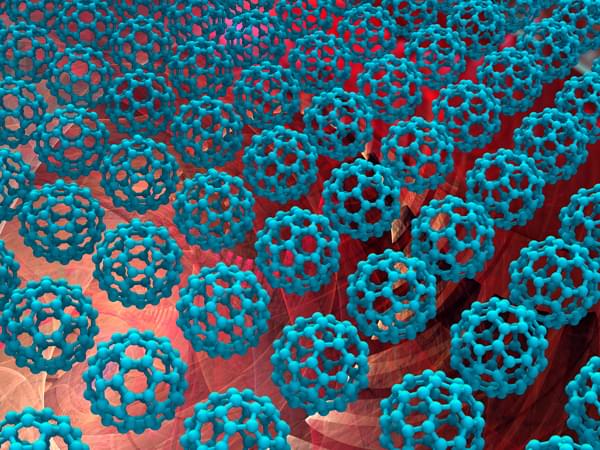
RIKEN chemists have developed a molecule that enhances the performance of organic electronic devices and is also more stable than previous alternatives, raising the chances that it could be used in industrial manufacturing processes (Advanced Materials, “A novel n-type molecular dopant with a closed-shell electronic structure applicable to the vacuum-deposition process”).
RIKEN researchers were able to improve the flow of electrons into a layer of buckminsterfullerene (depicted) in an organic electronic device by using a new dopant called DP7. (© Laguna Design/Science Photo Library)
Conventional electronic devices are made from hard semiconductors such as silicon, but increasingly organic semiconductor molecules are appearing in devices such as televisions and cell-phone displays that use organic light-emitting diodes (OLEDs).
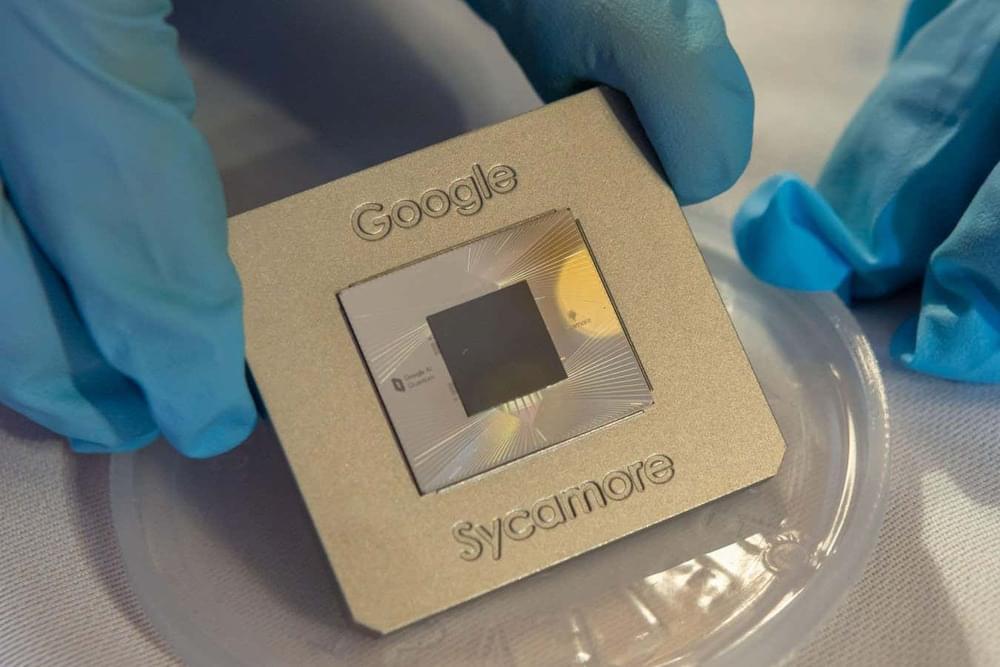
Google’s Sycamore quantum computer was the first to demonstrate quantum supremacy – solving calculations that would be unfeasible on a classical computer – but now ordinary machines have pulled ahead again.
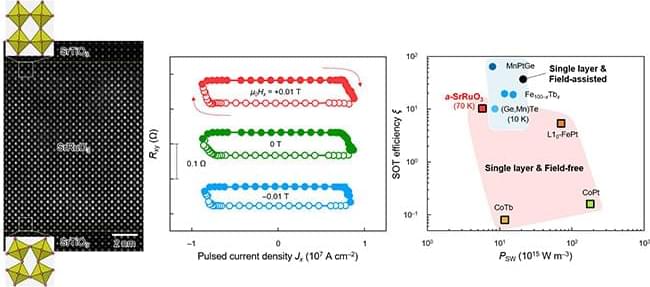
Like the flutter of a butterfly’s wings, sometimes small and minute changes can lead to big and unexpected results and changes in our lives. Recently, a team of researchers at Pohang University of Science and Technology (POSTECH) made a very small change to develop a material called “spin-orbit torque (SOT),” which is a hot topic in next-generation DRAM memory.
This research team, led by Professor Daesu Lee and Yongjoo Jo, a PhD candidate, from the Department of Physics and Professor Si-Young Choi from the Department of Materials Science and Engineering at POSTECH, achieved highly efficient field-free (i.e. SOT magnetization switching that does not require the assistance of a magnetic field) SOT magnetization switching through atom-level control of composite oxides.
Their findings were recently published in Nano Letters (“Field-Free Spin–Orbit Torque Magnetization Switching in a Single-Phase Ferromagnetic and Spin Hall Oxide”).
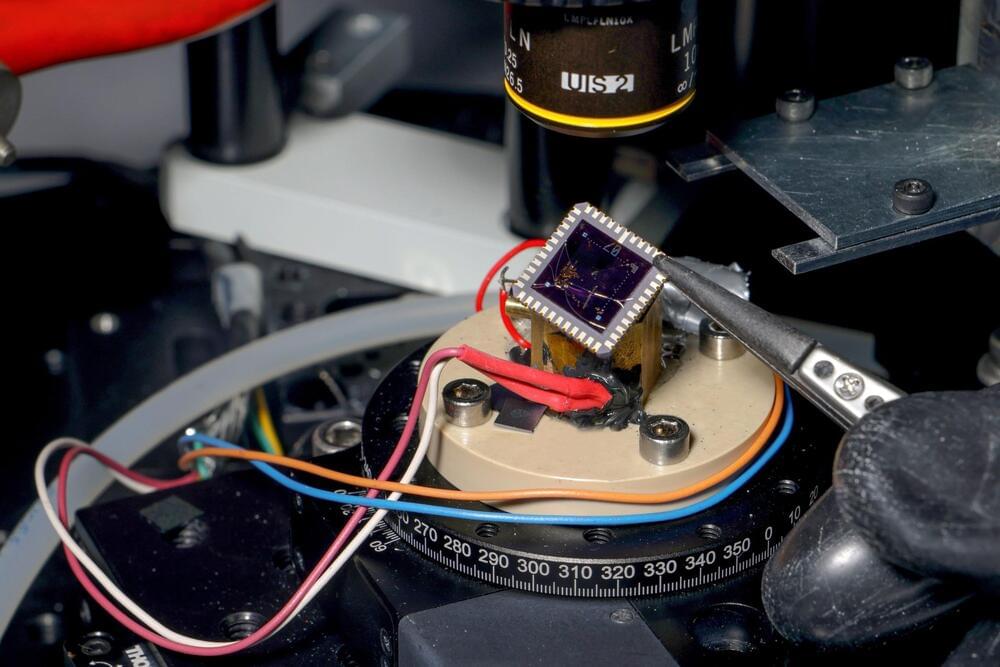
Engineers at EPFL have developed a device capable of transforming heat into electrical voltage efficiently at temperatures even colder than those found in outer space. This breakthrough could significantly advance quantum computing technologies by addressing a major obstacle.
To perform quantum computations, quantum bits (qubits) need to be cooled to temperatures in the millikelvin range (close to-273 degrees Celsius) to reduce atomic motion and minimize noise. However, the electronics used to control these quantum circuits generate heat, which is challenging to dissipate at such low temperatures. Consequently, most current technologies must separate the quantum circuits from their electronic components, resulting in noise and inefficiencies that impede the development of larger quantum systems beyond the laboratory.
Researchers in EPFL’s Laboratory of Nanoscale Electronics and Structures (LANES), led by Andras Kis, in the School of Engineering have now fabricated a device that not only operates at extremely low temperatures, but does so with efficiency comparable to current technologies at room temperature.

While taking snapshots with the high-speed “electron camera” at the Department of Energy’s SLAC National Acceleratory Laboratory, researchers discovered new behavior in an ultrathin material that offers a promising approach to manipulating light that will be useful for devices that detect, control or emit light, collectively known as optoelectronic devices, and investigating how light is polarized within a material. Optoelectronic devices are used in many technologies that touch our daily lives, including light-emitting diodes (LEDs), optical fibers and medical imaging.
As reported in Nano Letters (“Giant Terahertz Birefringence in an Ultrathin Anisotropic Semimetal”), the team, led by SLAC and Stanford professor Aaron Lindenberg, found that when oriented in a specific direction and subjected to linear terahertz radiation, an ultrathin film of tungsten ditelluride, which has desirable properties for polarizing light used in optical devices, circularly polarizes the incoming light.
Snapshot taken by SLAC’s high-speed electron camera, an instrument for ultrafast electron diffraction (MeV-UED), showing evidence of circular polarization of terahertz light by an ultrathin sample of tungsten ditelluride. (Sie et al., Nano Letters, 8 May 2024)
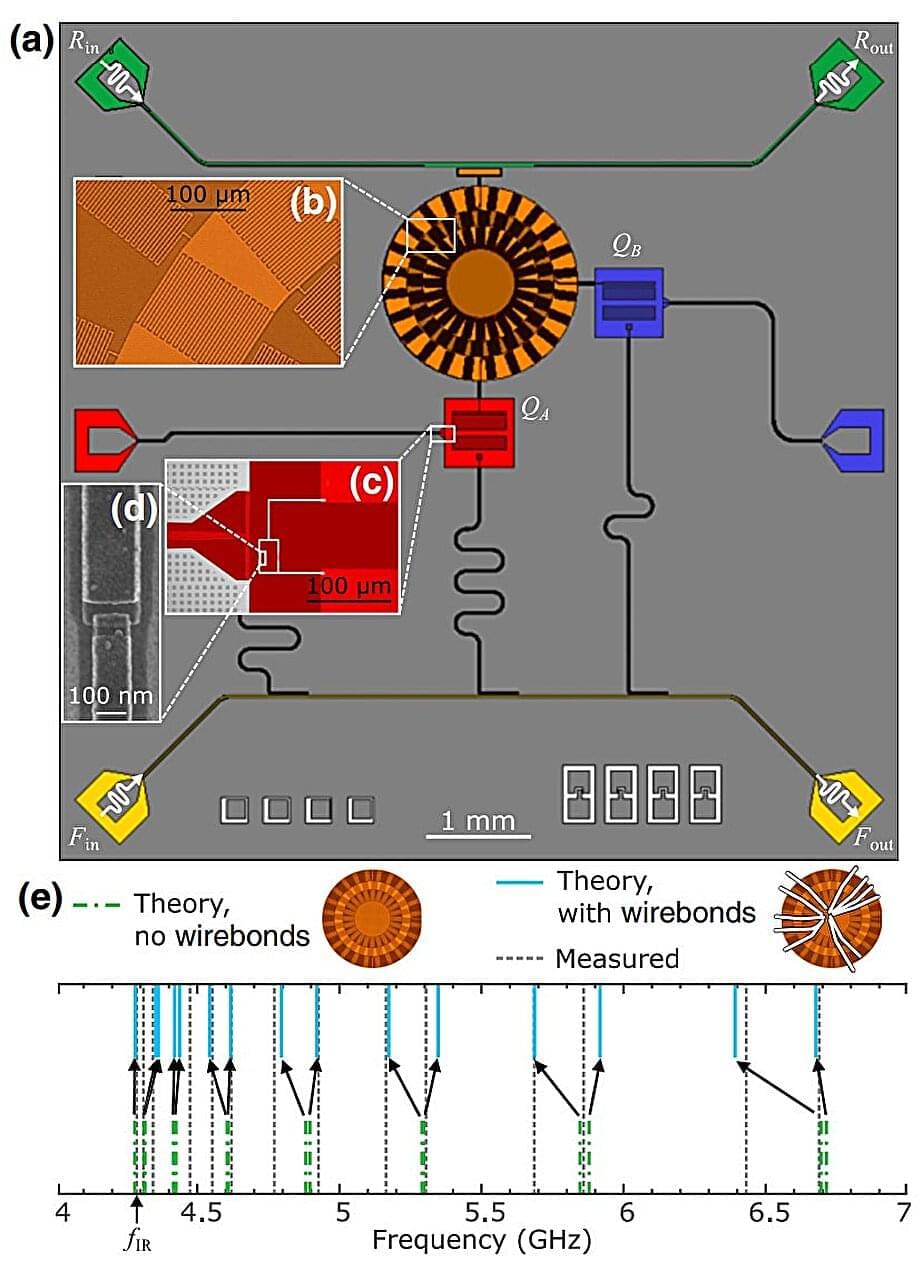
Implementing a fault-tolerant quantum processor requires coupling qubits to generate entanglement. Superconducting qubits are a promising platform for quantum information processing, but scaling up to a full-scale quantum computer necessitates interconnecting many qubits with low error rates. Traditional methods often limit coupling to nearest neighbors, require large physical footprints, and involve numerous couplers, complicating fabrication.
For instance, coupling 100 qubits pairwise demands a vast number of couplers. Moreover, controlling individual circuit elements and couplers with separate cables for even 1,000 qubits would require an impractically large volume of cables, making it infeasible to fit such a system in a large lab, let alone manage millions of qubits. This highlights the need for more efficient and scalable coupling methods.
A team of theoretical physicists led by Mohd Ansari at FZJ, in collaboration with the experimental team of Britton Plourde at Syracuse University, introduced a novel approach using a multimode coupler that enables tunable coupling strength between any pair of qubits.
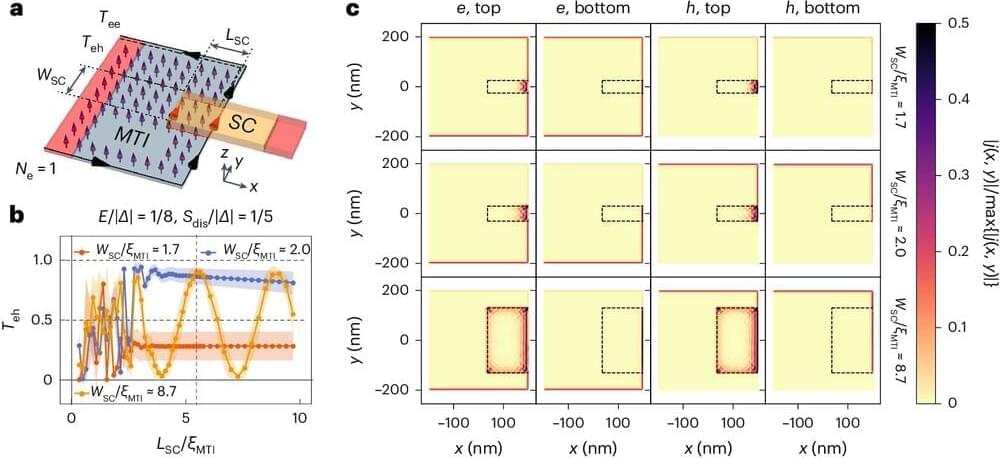
A team of experimental physicists led by the University of Cologne have shown that it is possible to create superconducting effects in special materials known for their unique edge-only electrical properties. This discovery provides a new way to explore advanced quantum states that could be crucial for developing stable and efficient quantum computers.
Their study, titled “Induced superconducting correlations in a quantum anomalous Hall insulator,” has been published in Nature Physics.
Superconductivity is a phenomenon where electricity flows without resistance in certain materials. The quantum anomalous Hall effect is another phenomenon that also causes zero resistance, but with a twist: It is confined to the edges rather than spreading throughout.

While taking snapshots with the high-speed electron camera at the Department of Energy’s SLAC National Acceleratory Laboratory, researchers discovered new behavior in an ultrathin material that offers a promising approach to manipulating light that will be useful for devices that detect, control or emit light, collectively known as optoelectronic devices, and investigating how light is polarized within a material. Optoelectronic devices are used in many technologies that touch our daily lives, including light-emitting diodes (LEDs), optical fibers and medical imaging.
As reported in Nano Letters, the team, led by SLAC and Stanford professor Aaron Lindenberg, found that when oriented in a specific direction and subjected to linear terahertz radiation, an ultrathin film of tungsten ditelluride, which has desirable properties for polarizing light used in optical devices, circularly polarizes the incoming light.
Terahertz radiation lies between the microwave and the infrared regions in the electromagnetic spectrum and enables novel ways of both characterizing and controlling the properties of materials. Scientists would like to figure out a way to harness that light for the development of future optoelectronic devices.